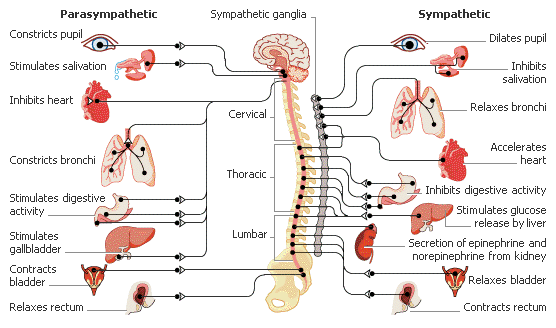VARIOUS CELLS, TISSUES, ORGANS AND THEIR FUNCTIONS IN MAINTAINING THE INTERNAL ENVIRONMENT OF THE BODY (Continued)
4. The Liver: The most important role of the liver in regulation of the body is neutralizing harmful substances from the body. Chemicals like alcohol, drugs, poisons, e.t.c after being ingested in to the body are being transferred to the liver where they are being rendered harmless by the cells of the liver, and are being excreted out of the liver via the bile duct. Another importance of the liver is in the metabolic activities of the body.
5. The Kidney:
This organ deals with ultra filtration of the body fluid, most especially the blood. Excessive product of cellular metabolism; such as urea and uric acid, excess of water and ions, excess salt, e.t.c that are not needed by the body are being filtered out of the blood by the kidney, and are excreted out of the body as urine though the urethra.
6. Gastrointestinal tract: This include the mouth, oesophagus, stomach, small intestine, large intestine, and rectum. This organs functions together in the ingestion (eating), digestion, and absorption of food into the body system, as well as egesting(get rid) their waste product out of the body as faeces.
7. The Nerves: The nerves are the sensory receptors of the body. They detect external stimuli such as pain, heat, chemicals, touch, e.t.c from the external environment and transfer this stimuli to the Central nervous system (CNS), that is the brain and the spinal cord; The CNS then interpreted this stimuli and then send back an appropriate response to the peripheral nerves telling it to either moves the body towards the stimuli or away from it. For instance, when we accidentally touch an hot object, the CNS instruct the peripheral nervous system to move away from it.
In addition, the autonomic nerves originating from the brain and spinal cord also deals with the unconscious control of the visceral(internal) organs like the heart, lungs, gastrointestinal tract, kidney, eyes, e.t.c via sympathetic and parasympathetic mechanism.
To be continued...

